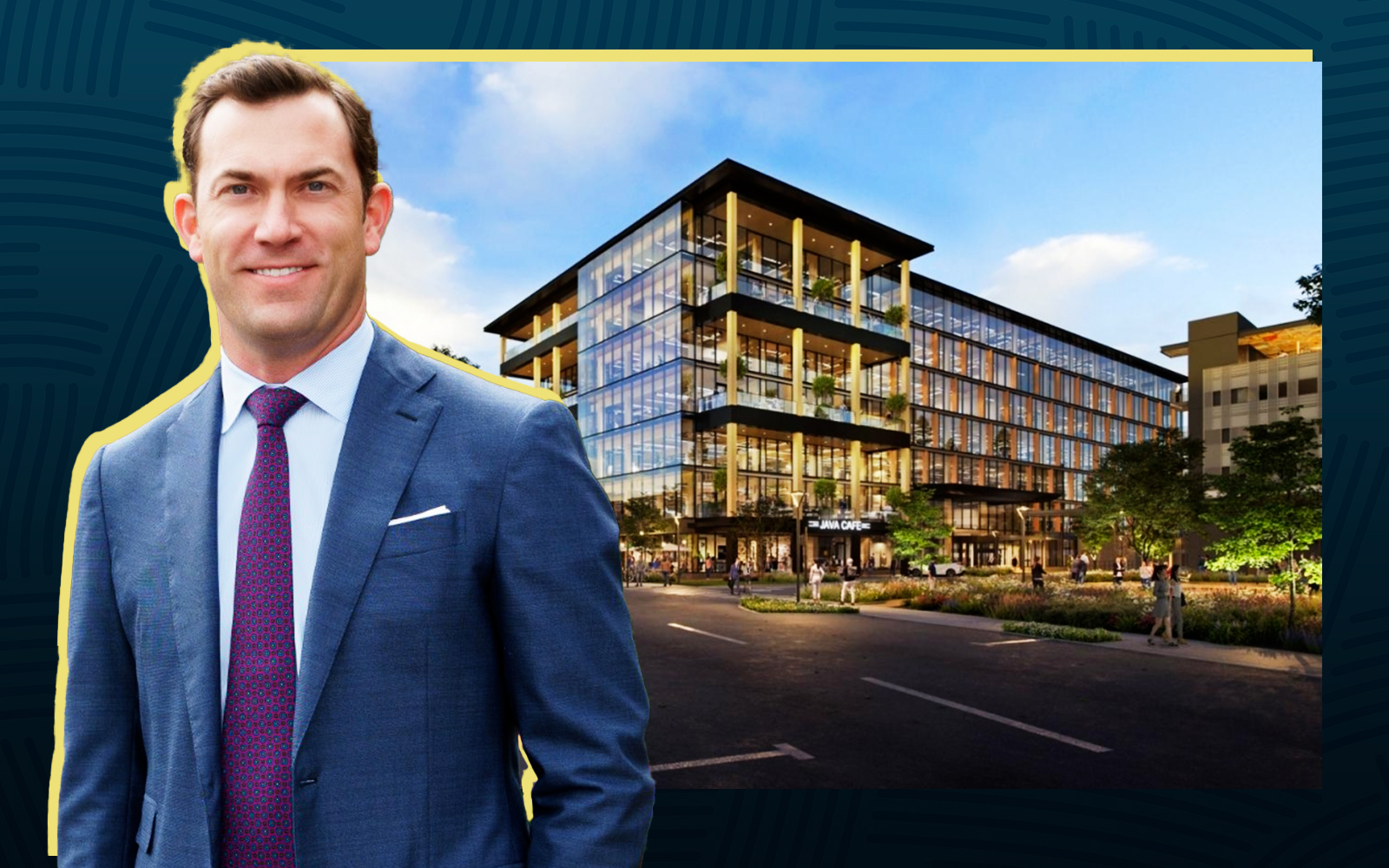“Who is Harlan Crow?” became the question of the moment after a blockbuster ProPublica investigation revealed that the developer has been bankrolling Supreme Court Justice Clarence Thomas’s lavish vacations for decades.
In Dallas real estate circles, however, Crow is a household name, a mainstay of local and state politics and the scion of one of the city’s most important families. Here’s a rundown.
Blue blood
Harlan is the third son of legendary real estate developer Trammell Crow, who founded Trammell Crow Company in Dallas in 1948. Trammell died in 2009 at age 94 but left behind two of the most accomplished development firms in the country. Harlan’s sister is Lucy Billingsley, principal at Billingsley Company, while Harlan’s brothers Stuart and Trammell S. Crow were also involved in the family company, Crow Holdings.
Trammell Crow Company was formed to focus on commercial projects, and Crow Holdings was its residential counterpart. In 2006, CBRE bought the former for nearly $2 billion. Harlan took over Crow Holdings in the late ’80s and used the Crow family’s substantial wealth to evolve the firm into an umbrella development and investment corporation that included Trammell Crow Residential, Crow Holdings Capital, Crow Holdings Industrial and Crow Holdings Office.
Today, Crow Holdings manages around $30 billion in total assets and ranks among the country’s most prolific multifamily developers.
Not just a cushy job
Harlan’s story was not quite as simple as taking over his father’s company and calling it a day. He reportedly played a major role in the 1980s in saving the Trammell Crow Company from ruin. The ’80s housing market crash forced Harlan to reorganize much of his family’s companies and sell off millions in assets.
D Magazine, a publication Harlan once owned, reported that he “faced down creditors … and almost single-handedly saved the Crow family from financial disaster.”
Notably, Harlan refused to sell off the Dallas Market Center, his father’s prized property, a 5 million-square-foot wholesale trade center in Dallas. By the late ’80s, the center had bounced back, attracting 3,200 tenants and over 60,000 workers, spurring the revival of the Crow family’s fortunes.
In 1988, Harlan fully took over as CEO of Crow Holdings and built it into the juggernaut that operates out of the historic Old Parkland campus in Dallas’ Oak Lawn neighborhood. He self-funded the $25 million development of the 228-foot Old Parkland bell tower, called the Campanile, as a monument to the “spirit of America.”
In 2016, he appointed Michael Levy, a Wall Street financial advisor who cut his teeth at Morgan Stanley and Salomon Brothers, to succeed him as CEO
Kingmaking
Harlan has been a known financial supporter of conservative political causes and Republican candidates. Publicly, he has given about $10 million in donations to Republican campaigns. But he’s given untold “dark money” donations to political groups that keep their donors secret.
“I don’t disclose what I’m not required to disclose,” Crow told the New York Times in 2011.
He has served on boards for the Southwestern Medical Foundation, the George W. Bush Presidential Center and the Thomas Jefferson Foundation, which maintains that former President’s home, as well as conservative think tanks American Enterprise Institute and the Hoover Institution. Politico reported in 2011 that Harlan anonymously donated $500,000 to fund Liberty Central, a nonprofit political advocacy group founded by Virginia Thomas, the wife of Justice Clarence Thomas.
Harlan also owns one of the most expensive homes in Dallas, a sprawling 34,000-square-foot mansion on 7.7 acres at 4700 Preston Road in the Highland Park neighborhood. The estate is reportedly worth about $50 million and includes a collection of historical artifacts, including a backyard garden with fallen statues of Communist world leaders like Josef Stalin and an underground parking garage with room for 77 vehicles.
Read more



